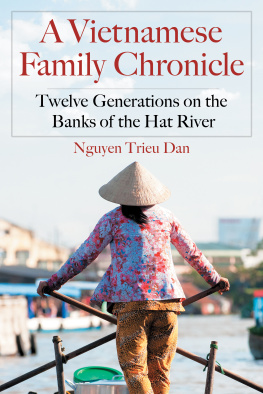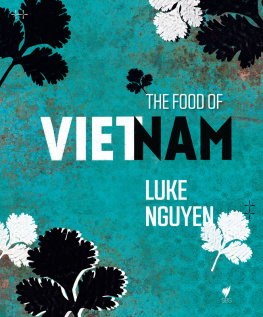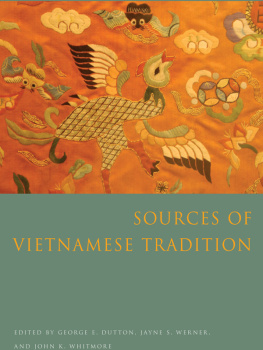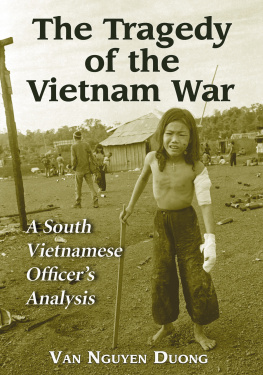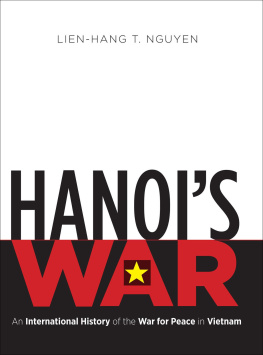
This edition is published by PICKLE PARTNERS PUBLISHINGwww.picklepartnerspublishing.com
To join our mailing list for new titles or for issues with our books picklepublishing@gmail.com
Or on Facebook
Text originally published in 1980 under the same title.
Pickle Partners Publishing 2015, all rights reserved. No part of this publication may be reproduced, stored in a retrieval system or transmitted by any means, electrical, mechanical or otherwise without the written permission of the copyright holder.
Publishers Note
Although in most cases we have retained the Authors original spelling and grammar to authentically reproduce the work of the Author and the original intent of such material, some additional notes and clarifications have been added for the modern readers benefit.
We have also made every effort to include all maps and illustrations of the original edition the limitations of formatting do not allow of including larger maps, we will upload as many of these maps as possible.
Indochina Monographs
The South Vietnamese Society
Maj. Gen. Nguyen Duy Hinh and Brig. Gen. Tran Dinh Tho
TABLE OF CONTENTS
Contents
TABLE OF CONTENTS
REQUEST FROM THE PUBLISHER
Indochina Monographs
This is one of a series published by the U.S. Army Center of Military History. They were written by officers who held responsible positions in the Cambodian, Laotian, and South Vietnamese armed forces during the war in Indochina. The General Research Corporation provided writing facilities and other necessary support under an Army contract with the Center of Military History. The monographs were not edited or altered and reflect the views of their authorsnot necessarily those of the U.S. Army or the Department of Defense. The authors were not attempting to write definitive accounts but to set down how they saw the war in Southeast Asia.
Colonel William E. Le Gro, U.S. Army, retired, has written a forthcoming work allied with this series, Vietnam: From Cease-Fire to Capitulation . Another book, The Final Collapse by General Cao Van Vien, the last chairman of the South Vietnamese Joint General Staff, will be formally published and sold by the Superintendent of Documents.
Taken together these works should provide useful source materials for serious historians pending publication of the more definitive series, the U.S. Army in Vietnam.
JAMES L. COLLINS, JR.
Brigadier General, USA
Chief of Military History
PREFACE
During the Vietnam conflict, the long and destructive war, Communist subversion, an unstable economy, several changes in government and the extended presence of Free World Military Forces combined to accentuate the basic weaknesses of South Vietnamese society: divisiveness and infighting.
To evaluate the effect that South Vietnamese society had on the conduct of the war, this monograph seeks to present the Vietnamese point of view on the joint U.S.-RVN efforts to build a strong and viable South Vietnam, the impact of U.S. aid and the American presence on the South Vietnamese society, the most significant social problems that South Vietnam faced during and as a result of the war, and finally the viability of the U.S.-supported regime and its leadership.
To provide this in-depth analysis we, the authors, have drawn primarily on our own experience as major witnesses of South Vietnams politico-social tragedy and participants in the war effort. Constructed from the combined vantage points of our positions, one in the field and exposed to the rural scene and the other in the very heart of the urban mainstream, this work thoroughly reflects the insiders viewpoint and intimate knowledge of South Vietnamese political and social life.
In the preparation of this monograph, we have interviewed several prominent South Vietnamese political and social leaders presently in the United States. Because of their insistence on anonymity, we think it proper to acknowledge their goodwill through a collective, impersonal expression of thanks. Additionally, we owe a special debt of gratitude to General Cao Van Vien, Chief of the Joint General Staff, JGS, Lieutenant General Dong Van Khuyen, Chief of Staff, JGS, Lieutenant General Ngo Quang Truong, Commanding General, I Corps and MR-1, and Colonel Hoang Ngoc Lung, Assistant Chief of Staff J-2, JGS for their valuable guidance, perceptive remarks, and constructive suggestions.
Finally, I am particularly indebted to Lieutenant Colonel Chu Xuan Vien and Ms. Pham Thi Bong. Lt. Colonel Vien, the last Army Attach serving at the Vietnamese Embassy in Washington, D.C., has done a highly professional job of translating and editing that helps impart unity and cohesiveness to the manuscript. Ms. Bong, a former Captain in the Republic of Vietnam Armed Forces and also a former member of the Vietnamese Embassy staff, spent long hours typing, editing and in the administrative preparation of this monograph in final form.
McLean, Virginia 15 December 1978
Nguyen Duy Hinh, Major General, ARVN
Tran Dinh Tho, Brigadier General, ARVN
CHAPTER I The Vietnamese Heritage
Ancient Vietnamese Society and the Chinese Influence
Vietnamese have always prided themselves as a people with four thousand years of civilization, two thousand of which is steeped in legends and the remaining enlightened by recorded history. Chinese historians wrote profusely about the Vietnamese people. One of their works, Viet Tuyen Thu (A Treatise on the Viets), described our people in these words: The Viets are disdainful, belligerent, astute in military matters, and not afraid to die. They live in the mountains yet move about on water, using boats as vehicles and oars as horses. When they come, it is like a gentle breeze; when they go, it is hard to catch up with them. {1}
Chinese emperors of every dynasty had always wanted to assimilate the Vietnamese by subjugation and domination. The first period of Chinese rule extended for more than ten centuries, from 111 B.C. to A.D. 968, the year the Vietnamese regained their sovereignty. During this long period, which was highlighted by five uprisings of Vietnamese patriots, what surprised historians the most was not the deep Chinese influence on the Vietnamese but their ability to resist complete sinicization.
It was not that China had no serious design to assimilate the Viets. The fact was that after the first uprising had been put down in A.D. 40-43, the Chinese compelled Vietnamese to wear their clothes and hair in the Chinese-style, live the Chinese way of life, and pattern their village administration after the Chinese model. Despite this, the Vietnamese retained their identity and certain cultural traits of their own. These traits were found to be more accentuated in the masses than among the affluent bourgeoisie.
During the initial period of Chinese domination, the Vietnamese were still in a semi-civilized state. The Chinese brought their culture, philosophy, and literature into Vietnam not so much to civilize the Vietnamese as to facilitate and perpetuate their rule. This process of acculturation continued to expand as many generations of lettered and prominent Chinese subsequently took refuge in Vietnam as a result of civil strife and disturbances in their homeland.
The most profound Chinese influence on traditional Vietnamese society was perhaps Confucianism. The practice of Confucianism, which was founded by Confucius 500 years before the birth of Christ and later propagated by his nephew Mencius, was known as the Confucian-Mencian Way. Through the ages, Confucian-Mencian philosophy so thoroughly permeated Vietnamese politics, ethics, sociology, and even economics that it could be said to be the Vietnamese nations religion from its birth to the beginning of French rule in 1883. Confuciuss teachings were founded on the concept of natural law, which, in practical terms, translated into social order and social rules. Confucianism conceived of a nation as being one extended family in which the emperor was the father and the subjects his children. The personal morality of the ruler was of utmost importance since it exerted an encompassing influence on the people. Confucius said, The ruler is like the wind and the commoners the grass blades. When the wind blows, the grass blades have to bend under it.




